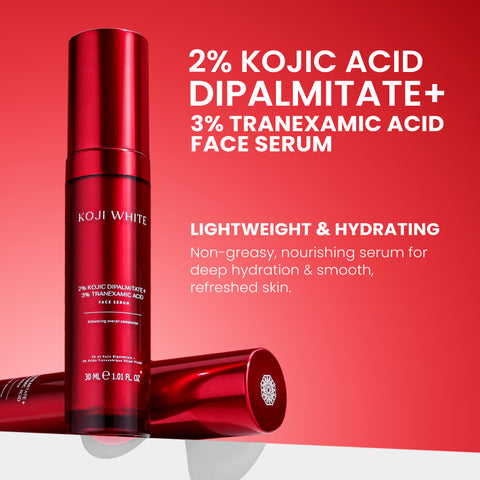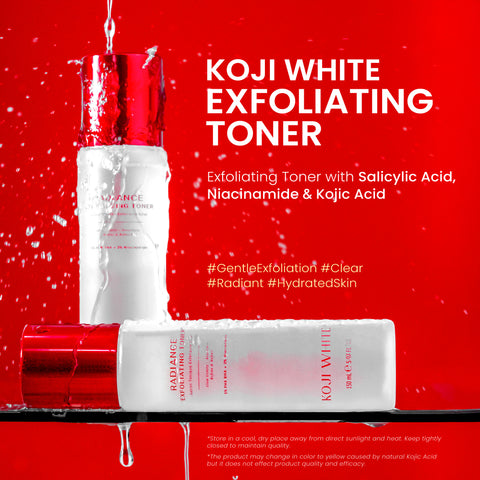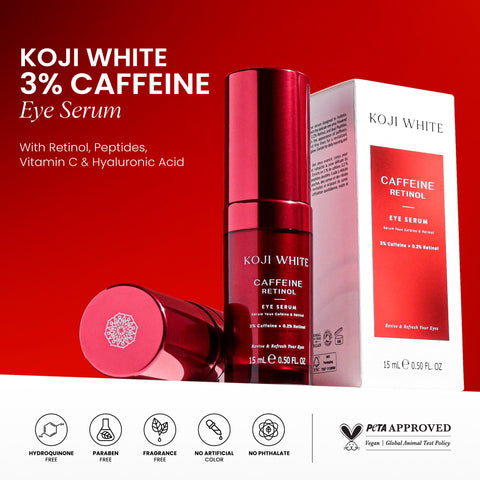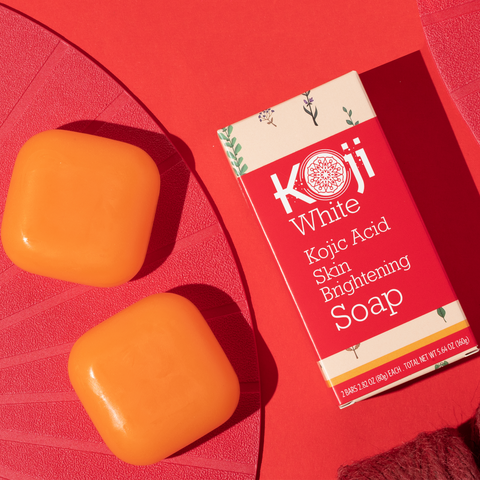Do Natural Brightening Agents Really Work?
Many customers turn to natural brightening agents in their never-ending search for a brighter, clearer complexion. These plant-derived substances have been used in traditional medical and cosmetic formulations for generations. But do these natural compounds work? And are they better for your skin than chemical alternatives? In this blog article, we'll look at the science of natural brightening agents and how they work in skincare routines.

The Science Behind Natural Brightening Agents
Vitamin C, licorice root extract, kojic acid, and arbutin are the most frequent natural brightening agents. Vitamin C is a potent antioxidant that helps brighten and even skin tones by preventing melanin synthesis, the pigment that gives skin its color. Glabridin, a component found in licorice root extract, has been demonstrated to minimize the appearance of dark patches and hyperpigmentation. Kojic acid is obtained from mushrooms and is a strong melanin suppressor. Arbutin is derived from the bearberry plant and blocks the enzyme responsible for melanin production.
Studies show that these natural brightening agents can be beneficial in decreasing the appearance of dark spots and hyperpigmentation. For example, research published in the Journal of Cosmetic Dermatology, discovered that combining vitamin C, vitamin E, ferulic acid, and phloretin was beneficial in decreasing hyperpigmentation and improving overall skin tone. Another research published in the Journal of Clinical and Aesthetic Dermatology showed that a cream containing kojic acid, arbutin, and vitamin E was shown to be beneficial in decreasing the appearance of black spots on the face and hands.
Natural brightening agents have the benefit of being less irritating to the skin than their chemical equivalents. Chemical brightening products like hydroquinone and glycolic acid can cause skin irritation and sensitivity, especially in people with sensitive skin. On the other hand, natural brightening agents are kinder to the skin and less prone to irritate it.
Additionally, natural brightening ingredients have the additional benefit of providing extra skincare advantages. Vitamin C, for example, is a potent antioxidant that helps to protect the skin from environmental harm. Licorice root extract contains anti-inflammatory qualities that can reduce skin redness and irritation. Furthermore, kojic acid has antimicrobial qualities that can aid in the reduction of acne outbreaks.

To summarize, natural brightening agents can successfully decrease the appearance of dark spots and hyperpigmentation, and they are kinder on the skin than chemical brightening agents. However, for these compounds to be effective, they must be used in the correct concentrations. You should choose products containing vitamin C, licorice root extract, kojic acid, or arbutin if you're seeking products with natural brightening agents. However, the product should be patch-tested before use to ensure it does not cause irritation or sensitivity. As with any skincare component, it is critical to conduct research and select products supported by science that demonstrate effective skin-brightening results.
Still have questions?
Check out our FAQ page for more or contact our Customer Care Team.










